KMUTT recognizes that sustainable area-based and manpower development requires collective collaboration among the public and private sectors, as well as academia. In 2019, KMUTT joined a public-private consortium for research and community development of Satun Global Geopark, which is Thailand’s first and only UNESCO Global Geopark to date.
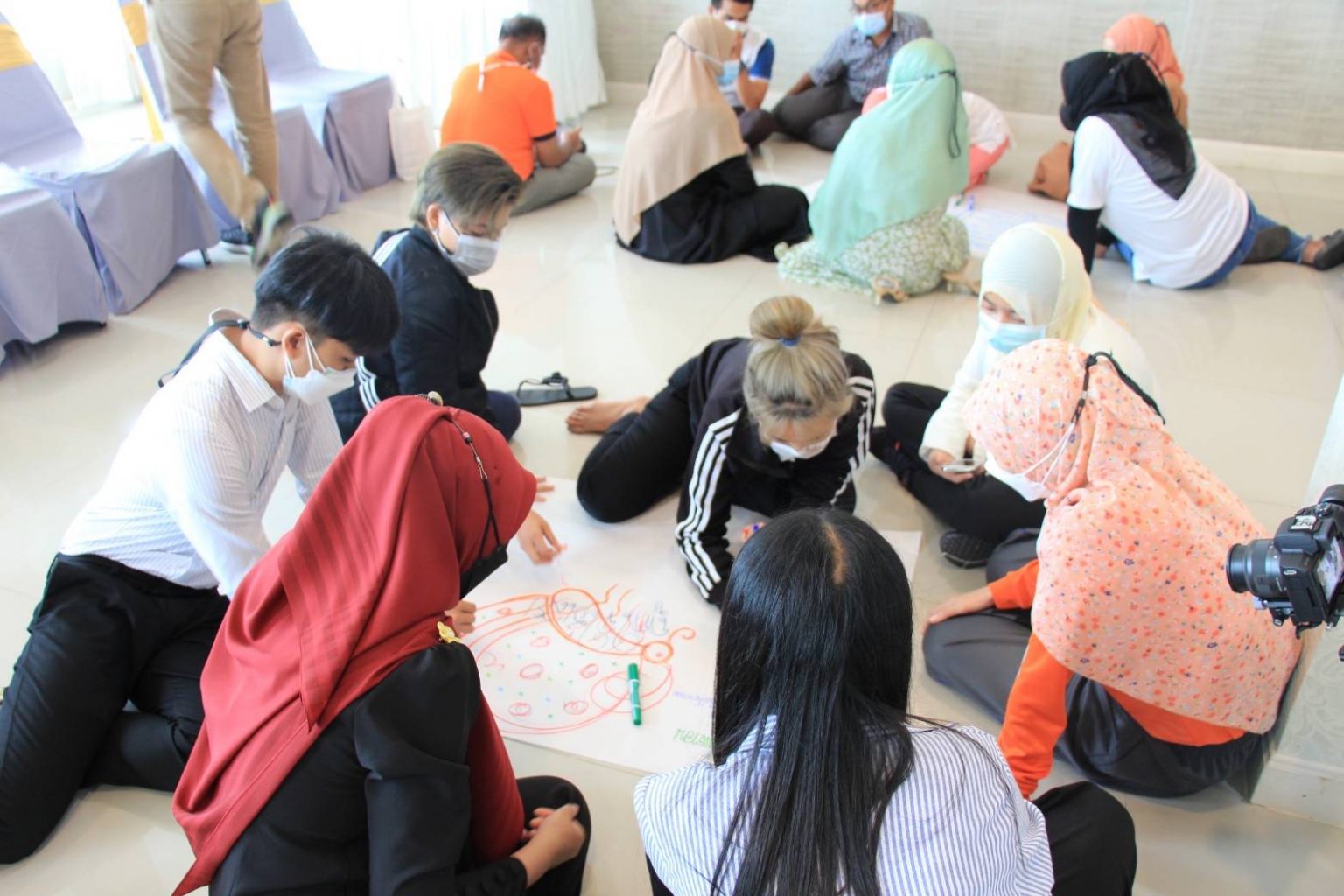
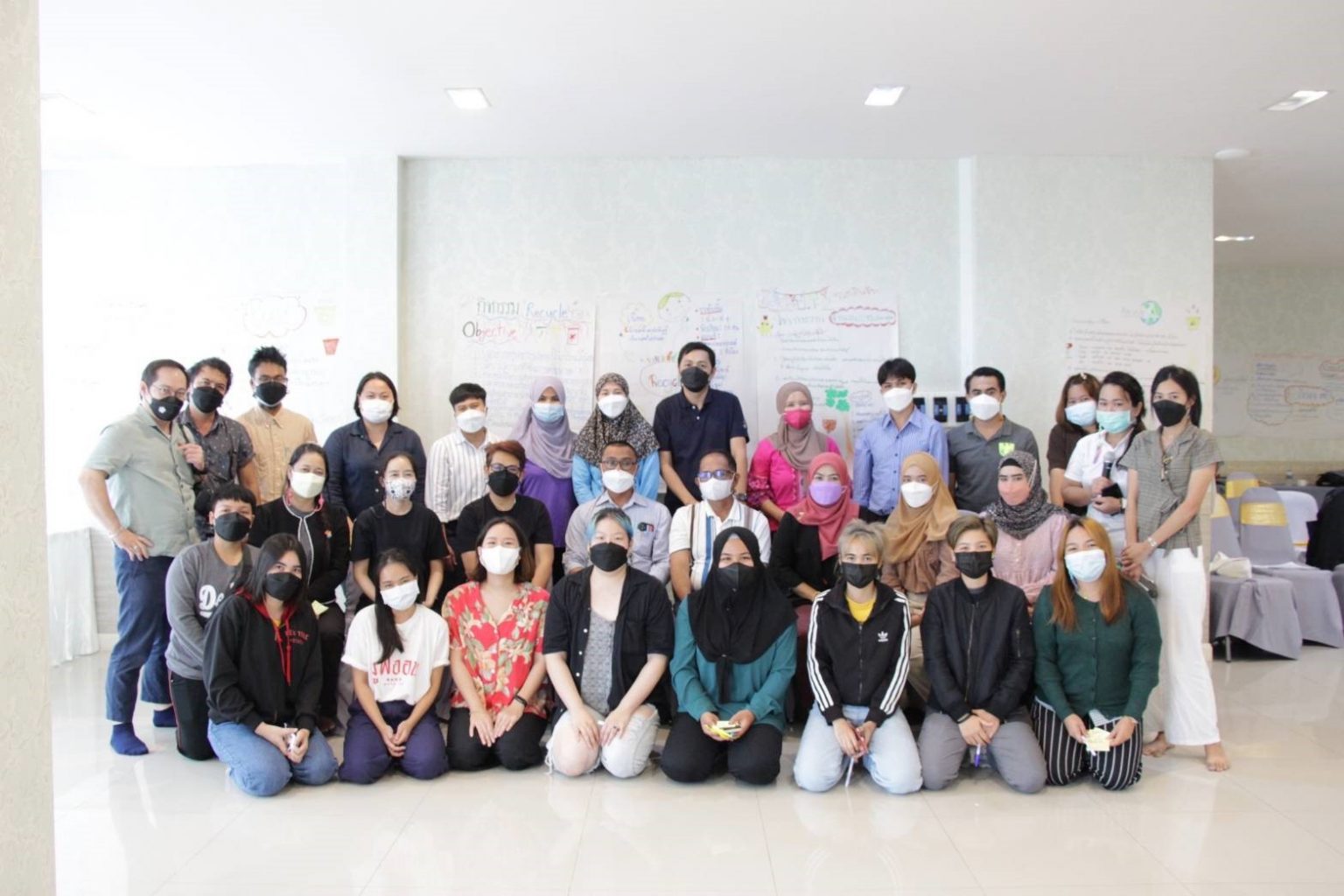
Representing KMUTT in this consortium is the Center of Innovation for Society (CIS). Under the leadership of Asst. Prof. Karuna Kleubmongkol, faculty members and students from the Interior Architecture Program, the Design Innovation Practice School (DIPS), and the Pilot Plant Development and Training Institute (PDTI) have engaged in projects to gather data and information relevant to the UNESCO global geopark status and community development in Satun Global Geopark. These projects, implemented over the past three years, range from zero waste resource management to the development of a Global Geopark Learning City.
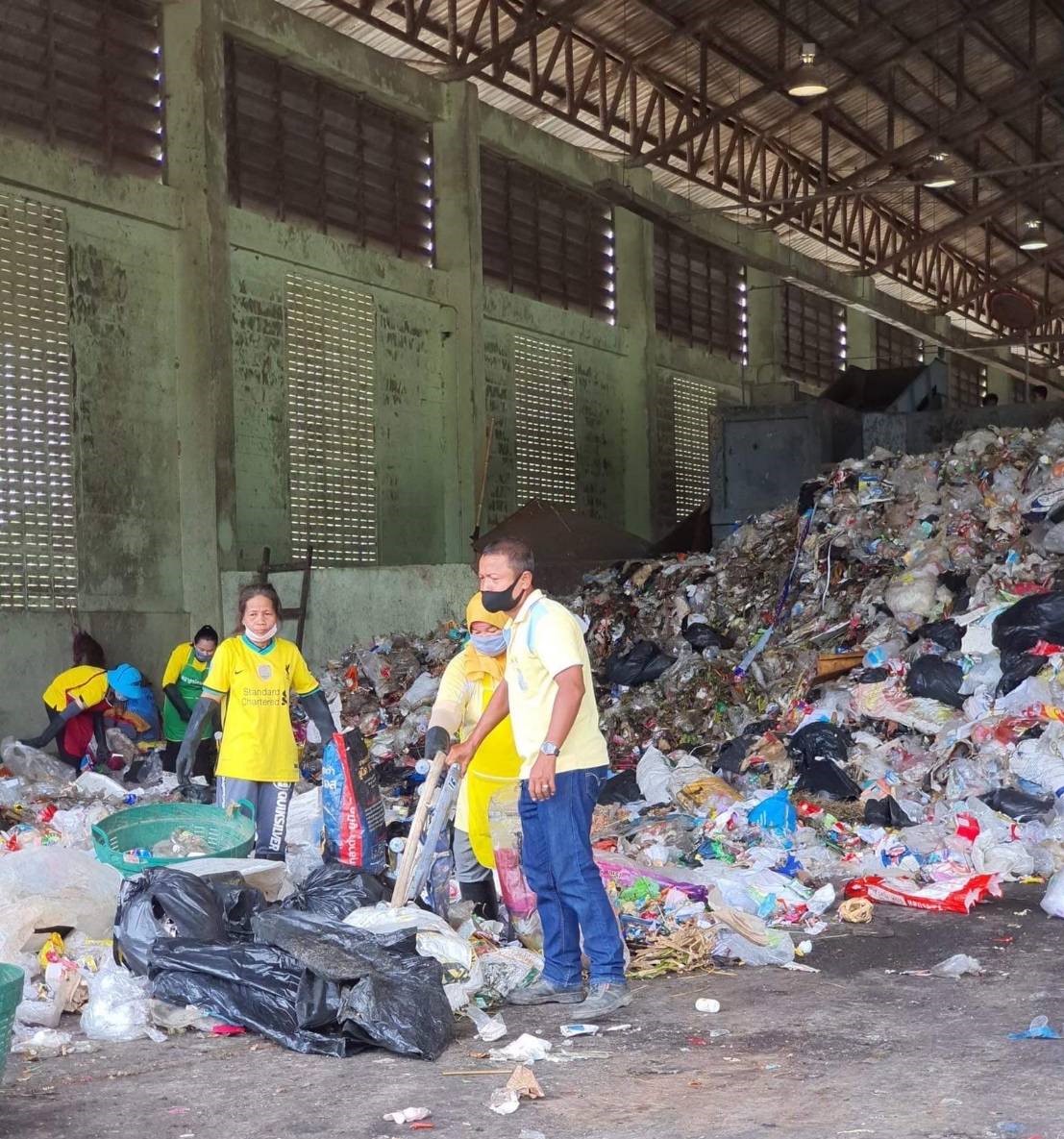
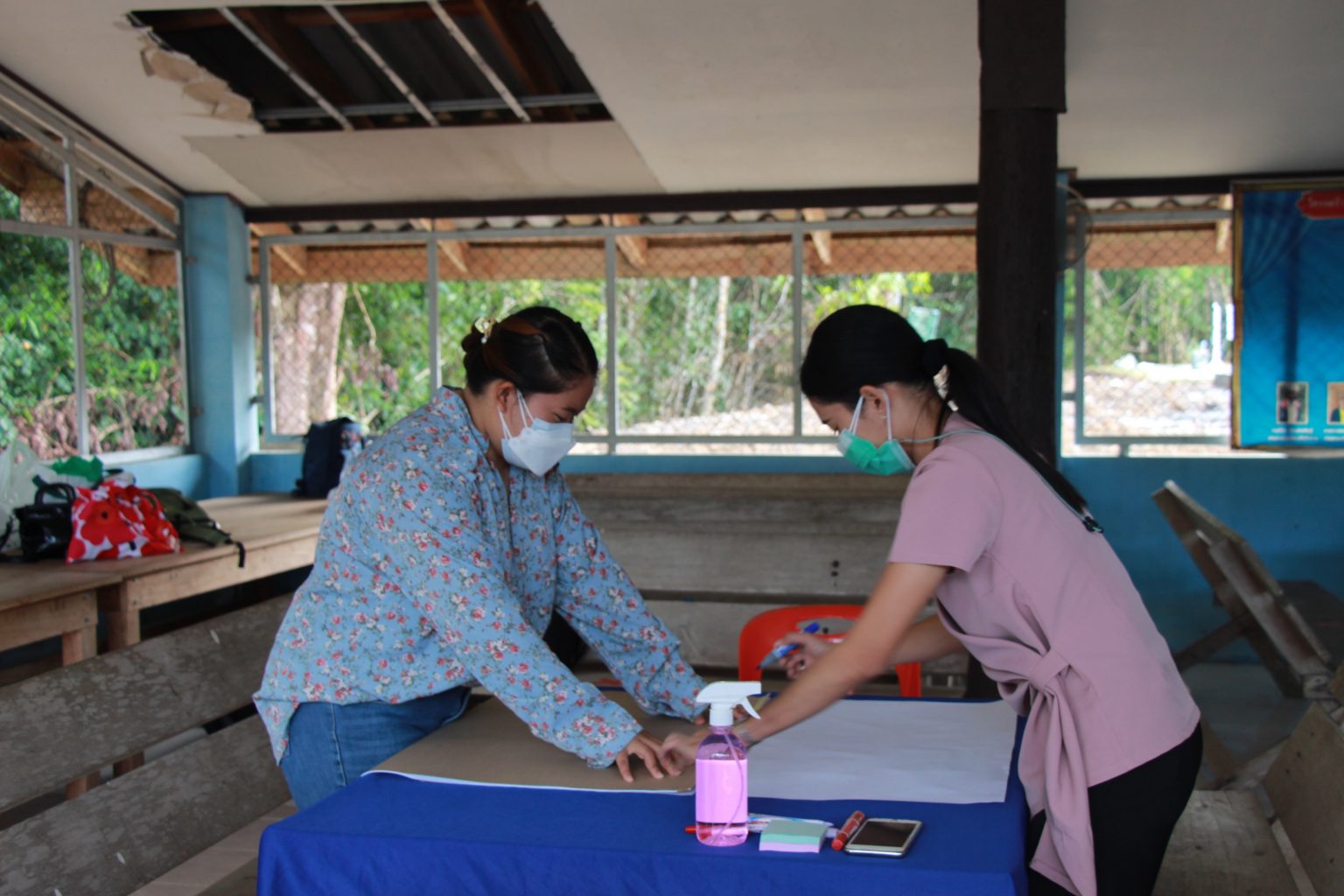
The zero-waste resource management project was initiated in Thung Wa district, with active participation from 60 local residents, including students, teachers, volunteers, and community leaders. The project has achieved significant success, leading to plans for the establishment of a Zero Waste Academy. To transform Satun Global Geopark into a Global Geopark Learning City, a study has been conducted to identify the factors necessary to foster a network of economic, social, and environmental collaboration, along with the design of development scenarios. The project aims to provide youth with environmental knowledge, waste management understanding, and practical skills applicable to their daily lives. Emphasis is also placed on the geological significance, natural beauty, social and economic benefits, and community development aspects of Satun Global Geopark.
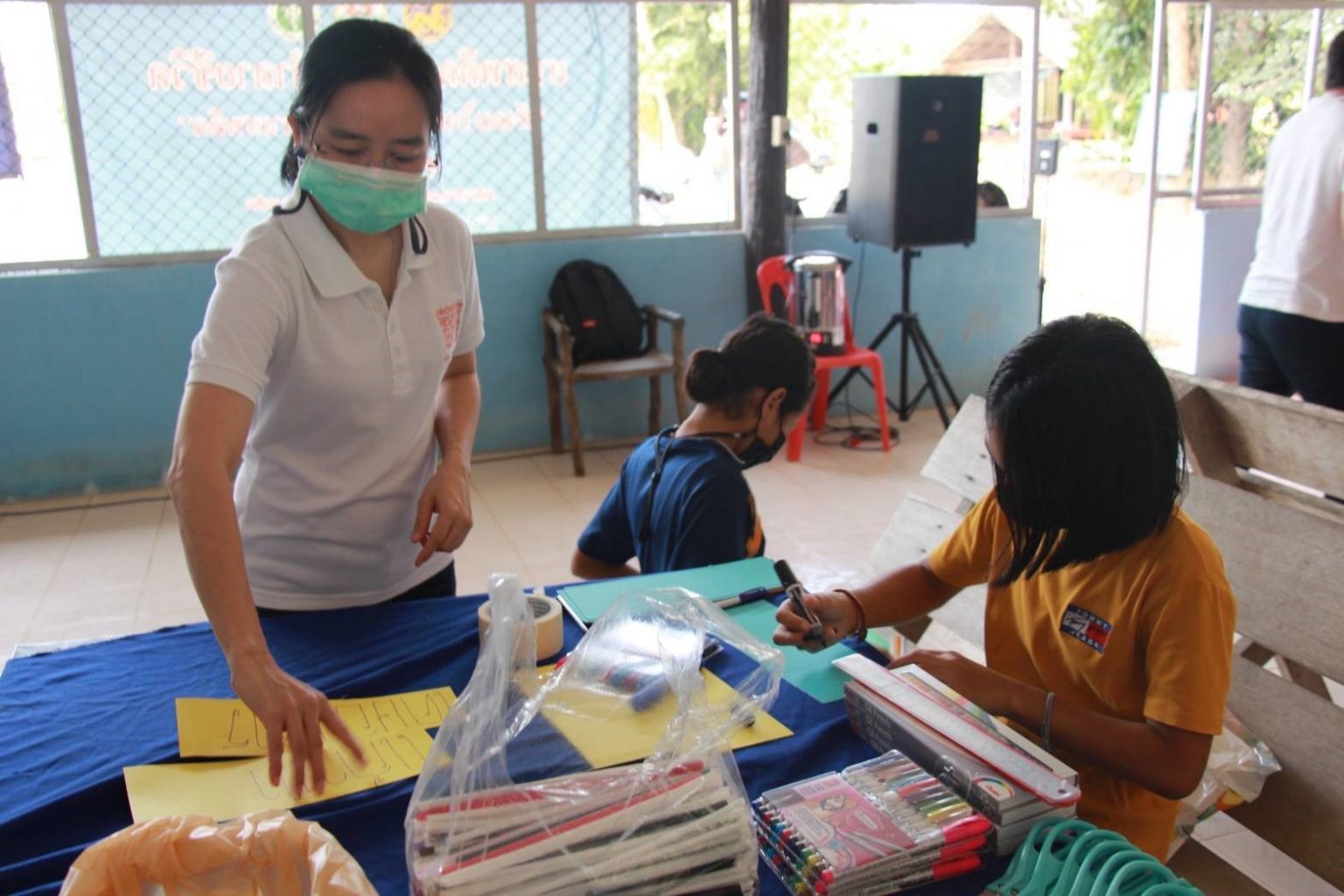
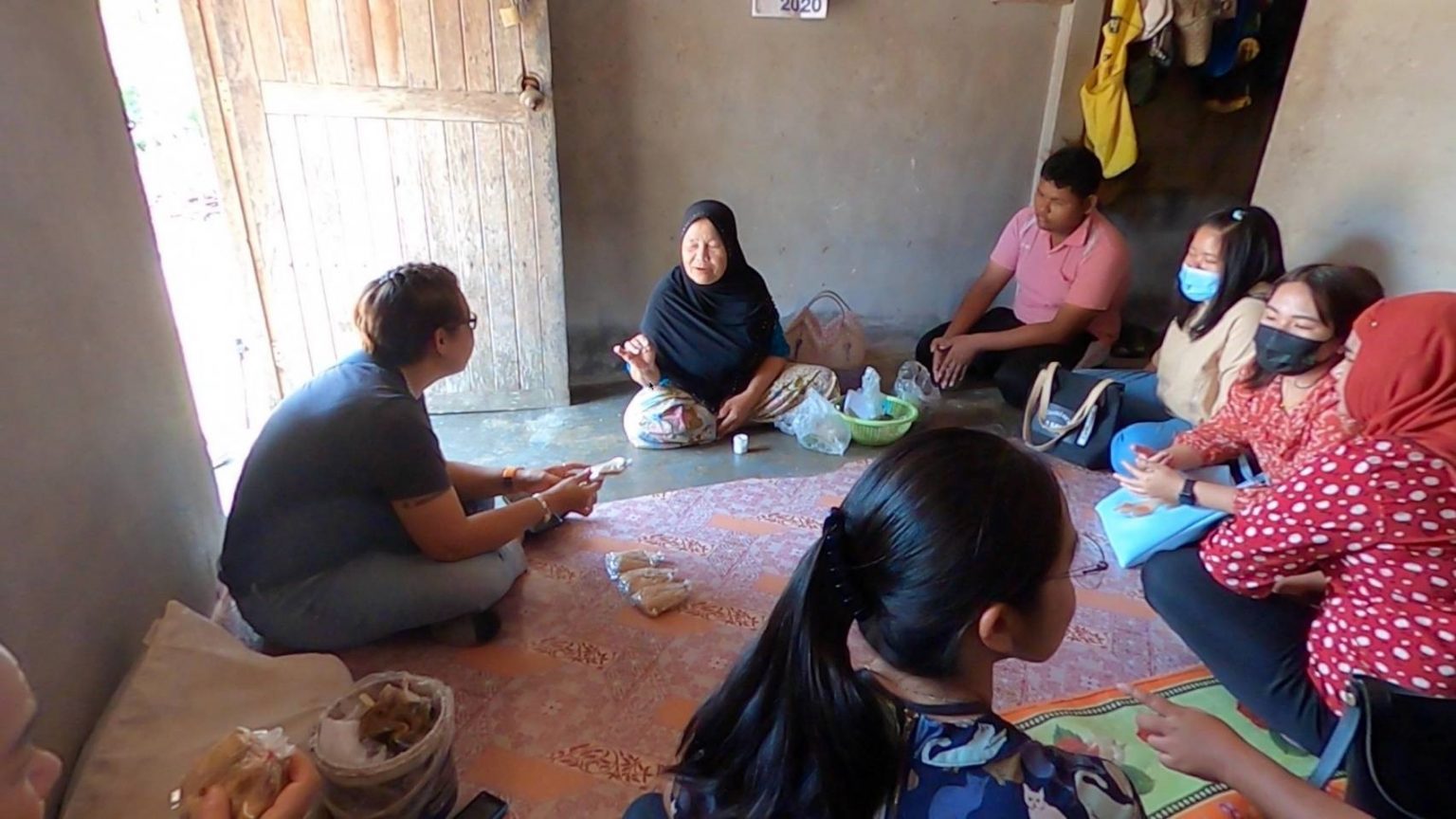
Through close collaboration with the Satun Global Geopark director, government organizations, and local agencies, Dr. Karuna and the team have expanded their collaborations and established partnerships with various stakeholders. Collaborative projects have been initiated with the Faculty of Engineering, Rajamangala University of Technology Srivijaya, Songkhla Campus, focusing on geological surveys and local product development. CIS is working with Satun Community College to develop a service design course to support the tourism industry, as well as with the Satun Hotels Association to create an urban development roadmap and tourism development strategy. CIS is also collaborating with the KMUTT Royal Project Foundation and King’s Recommended Supporting Center to improve farm productivity, enhance agricultural processing, and facilitate capacity development. In partnership with Kochi University of Technology in Japan, CIS has conducted a study on local job creation and worked towards establishing a sister relationship between Satun Global Geopark and Muroto UNESCO Global Geopark. Additionally, a project has been launched in collaboration with the Thailand 5G Ecosystem Innovation Center (5G EIC) to leverage digital technology for the development of Satun Global Geopark and the surrounding communities.
Building upon the success of the initial phase and the multitude of partnerships formed in recent years, KMUTT President Assoc. Prof. Dr. Suvit Saetia encourages the team to formulate a long-term development plan for Satun Global Geopark with the involvement of residents, local agencies, and collaborators. Faculty members, researchers, and students from KMUTT are encouraged to join CIS in this initiative, as it provides an opportunity to apply knowledge in practical settings and contribute to national development through research and education.